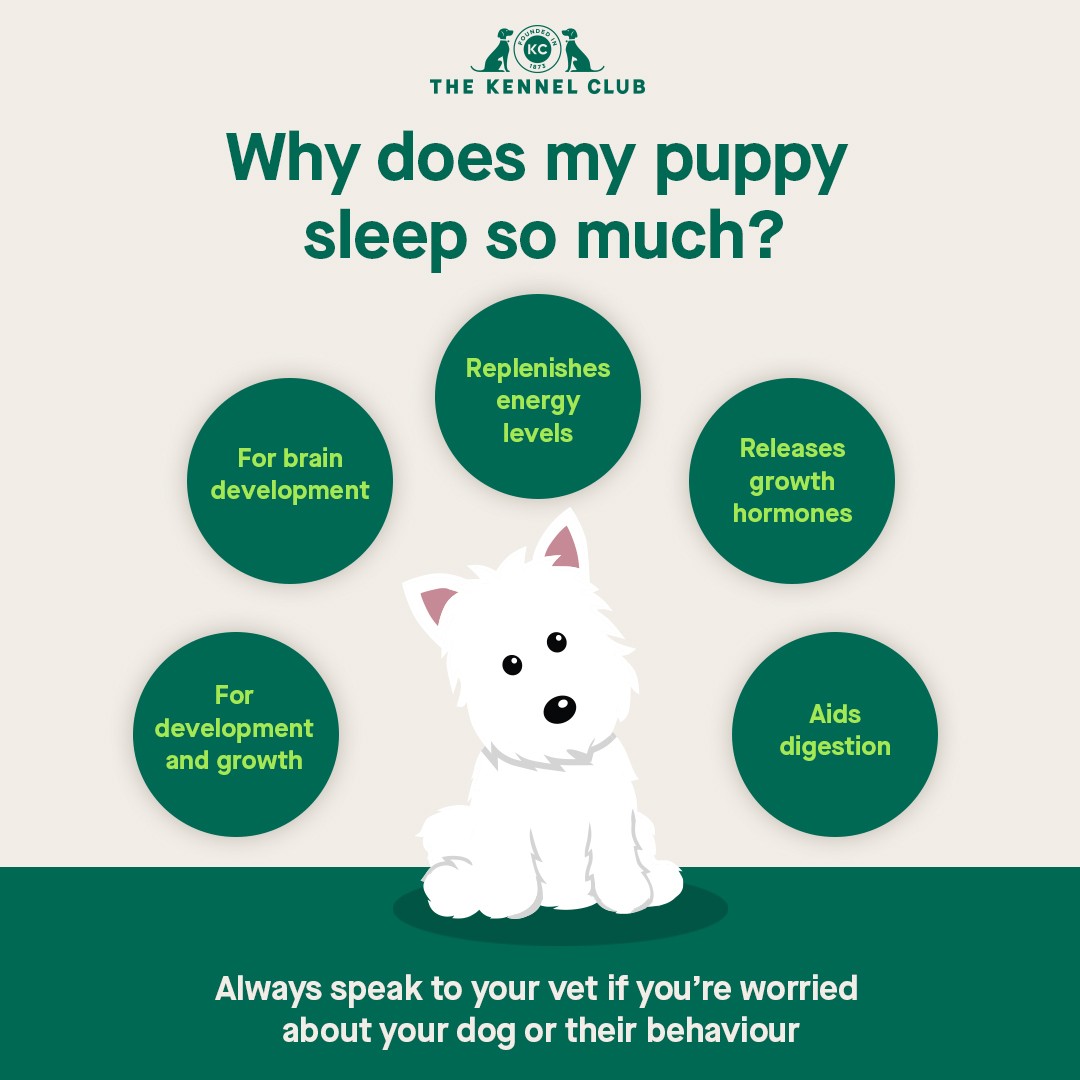It’s adorable watching a puppy snooze the day away. But if you’re a new puppy owner, you might wonder, “Why Does My Puppy Sleep So Much?” Is it normal? This article explains the science behind puppy sleep, how much sleep is typical at different ages, and when to consult a vet.
The Science Behind Puppy Sleep
Puppies, unlike adult dogs, require significantly more sleep. This increased need for rest stems from several key factors:
Growth and Development
Puppies experience rapid physical growth. During sleep, their bodies release growth hormones crucial for developing bones, muscles, and tissues. This restorative period allows their bodies to repair and rebuild after periods of activity.
Brain Development and Learning
The world is a brand new, exciting place for a puppy. Every day is filled with new sights, sounds, smells, and experiences. Sleep plays a vital role in processing all this information, consolidating memories, and promoting cognitive development.
Energy Replenishment
Puppies expend tremendous energy exploring, playing, and learning. Sleep provides the necessary downtime to recharge their batteries and prepare for the next round of adventures.
Growth Hormone Release
Deep sleep triggers the release of growth hormone, essential for a puppy’s physical development. This hormone is primarily secreted during deep sleep cycles, highlighting the importance of uninterrupted rest.
Digestion
After meals, puppies often become sleepy. This is because their bodies divert energy towards digestion, leading to a natural feeling of drowsiness.
Puppy Sleep Stages and Duration
A puppy’s sleep needs change as they grow. Here’s a general guideline:
- Newborns (0-2 weeks): Sleep almost constantly (around 90% of the day).
- 2-4 weeks: 18-20 hours per day as they start to become more aware of their surroundings.
- 4-12 weeks: 15-20 hours, a crucial period for development.
- 3-6 months: 14-16 hours as they transition towards adulthood.
- Over 6 months: 12-14 hours, approaching adult sleep patterns. However, individual needs can vary.
Should You Let Your Puppy Sleep All Day?
While puppies need ample sleep, establishing a healthy routine is crucial.
-
Consistent Routine: Implement a regular schedule for feeding, playtime, potty breaks, walks, and sleep. This provides structure and predictability.
-
Sleeping Through the Night: While young puppies may need nighttime potty breaks, they should gradually learn to sleep through the night. Consult your vet if your puppy consistently struggles with this.
-
Quality Sleep Environment: Provide a comfortable, quiet, and safe space for your puppy to sleep undisturbed. A cozy bed or crate can create a sense of security.
-
Playtime and Socialization: Balance sleep with essential activities like exercise, mental stimulation, and socialization to ensure well-rounded development.
When to Worry About Your Puppy’s Sleep
Excessive sleepiness is generally normal in puppies. However, certain signs warrant veterinary attention:
- Sudden Changes in Sleep Patterns: Significant increases or decreases in sleep can indicate underlying health issues.
- Restlessness and Inability to Settle: Difficulty falling asleep or frequent waking may suggest discomfort or anxiety.
- Difficulty Breathing: Labored breathing during sleep could be a sign of respiratory problems or allergies.
Conclusion
Understanding why your puppy sleeps so much can alleviate concerns and help you provide the best care. While ample sleep is vital for their growth and development, remember to balance it with a healthy routine, enriching activities, and regular veterinary checkups. If you have any concerns about your puppy’s sleep or behavior, always consult with your veterinarian.
